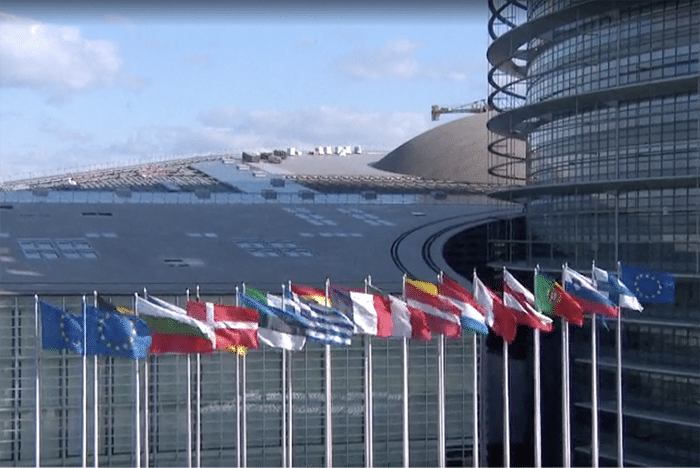Foreign subsidies distorting the internal market: provisional political agreement between the Council and the European Parliament
The Council and the European Parliament today reached a provisional political agreement on the regulation on foreign subsidies distorting the internal market.

The French Presidency of the Council of the European Union was built on the principle of economic sovereignty. Economic sovereignty depends on two key principles: investment and protection. The agreement reached on this new instrument will make it possible to combat unfair competition from countries that grant massive subsidies to their industry. This is a major step towards protecting our economic interests.
– Bruno Le Maire, French Minister for the Economy, Finance and Industrial and Digital Sovereignty
The regulation aims to remedy the distortions created by subsidies granted by non-EU countries to companies operating in the EU’s single market. It establishes a comprehensive framework for the Commission to examine any economic activity benefiting from a subsidy granted by a non-EU country on the internal market. In doing so, the regulation aims to restore fair competition between all undertakings — both European and non-European — operating in the internal market.
Investigation of financial contributions
The Commission will be empowered to investigate the financial contributions granted by the public authorities of a non-EU country to undertakings engaging in an economic activity in the EU by means of three tools:
- two prior authorisation tools — to ensure a level playing field for the largest mergers and bids in large-scale public procurement ;
- a general market investigation tool to investigate all other market situations and lower-value mergers and public procurement procedures.
The co-legislators have decided to maintain the notification thresholds proposed by the Commission for mergers and public procurement procedures:
- EUR 500 million for mergers;
- EUR 250 million for public procurement procedures.
The Commission will be empowered to investigate subsidies granted up to five years before the entry into force of the regulation and distorting the internal market after its entry into force.
Governance
In order to ensure uniform application of the regulation throughout the EU, the Commission will be exclusively competent to enforce the regulation. During this centralised implementation, member states will be kept regularly informed and will be involved, through the advisory procedure, in decisions adopted under the regulation.
If an undertaking fails to comply with the obligation to notify a subsidised concentration or a financial contribution in the context of public procurement procedures meeting the thresholds set, the Commission will be able to impose fines and examine the transaction as if it had been notified.
Assessment of the effect of foreign subsidies
As is the case under the EU state aid control framework, if the Commission finds that a foreign subsidy exists and that it distorts competition, it will perform a balancing test. This is a tool to assess the balance between the positive and negative effects of a foreign subsidy.
If the negative effects outweigh the positive effects, the Commission will be empowered to impose redressive measures or to accept commitments from the undertakings concerned that remedy the distortion.
Next steps
The provisional agreement reached today is subject to approval by the Council and the European Parliament. On the Council’s side, the provisional political agreement is subject to approval by the Permanent Representatives Committee (Coreper), before going through the formal steps of the adoption procedure.
The regulation will enter into force on the 20th day following that of its publication in the Official Journal of the European Union.
Background
At present, subsidies granted by member states are subject to state aid controls, but there is no EU instrument to control subsidies granted by non-EU countries. This undermines the level playing field.
To address this, the European Commission tabled the proposal for a regulation on foreign subsidies distorting the internal market on 5 May 2021. It serves as a tool to ensure a level playing field for all undertakings operating in the single market which receive support from an EU member state or from a non-EU country.







